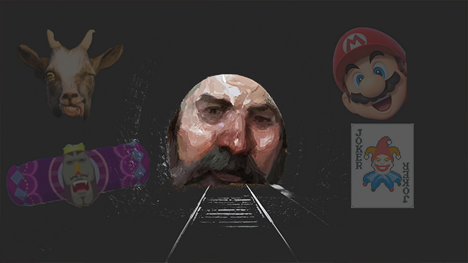
Read More from GDC 2024 | Keep up with the latest game industry event coverage from GDC 2024, including news, talks, interviews, and more from the Game Developer team.
Unionization feels closer than ever as new long-term goals emerge
More and more game studios appear to be considering unionization, according to a panel at GDC 2024, indicating that formerly hushed whispers about labor unions are becoming full-blown roars.
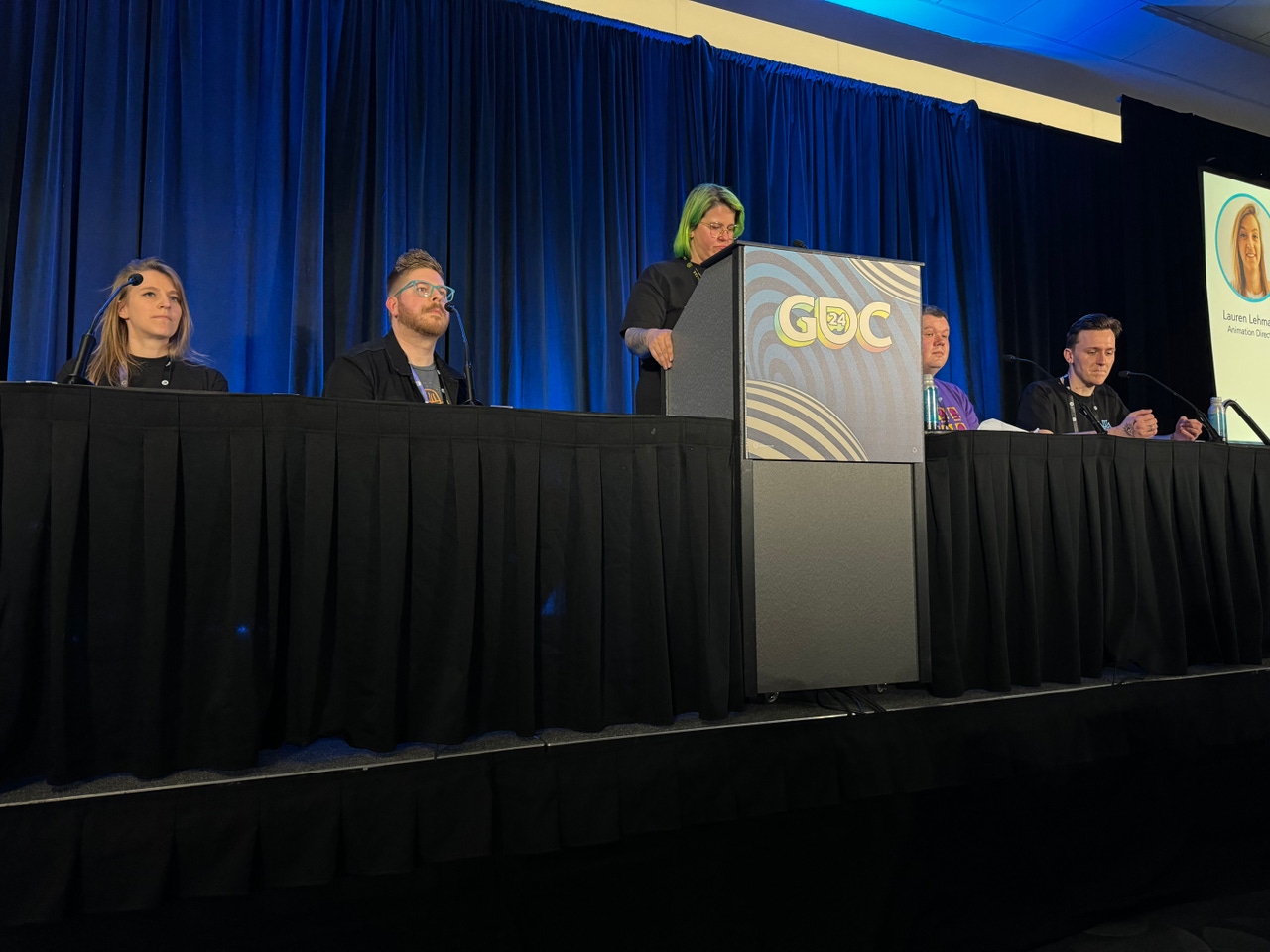
At GDC this year, the roar for unionization in the game industry is ever-increasing, dating back to the first serious talk about this type of organizing in 2018. Since that time, there has been both forward progress and frustrating stutters for large-scale unionization in the gaming industry, but a 2024 panel did not mince words from its title onwards: “Now is the Time! Workers are Ready to Form Unions.”
The panel, made up of Dan Beglov (narrative designer, Sensorium, Team Gramps), Andrew Buczacki (game designer, Drifter Entertainment), Lauren Lehmann (animation director, Terrible Posture Games), Matthew Vimislik (project manager, Workinman Interactive), and Chrissy Fellmeth (international representative, International Alliance of Theatrical Stage Employees (IATSE) as the moderator, was partly a call to action to unionize and partly inoculation against union-busting tactics and misconceptions that studios might engage in.
Why game industry workers need unions
The panel began with a discussion of why unions are needed, pointing out the mass layoffs in the industry currently occurring regardless of performance or time spent at the employer. Vimisilk argued that workers need protections from unilateral changes and protections from things like crunch or to lock-in remote working policies, which directly affect workers who also have no say in it. Starting a union was not simple to do, but it was simple to begin.
“One year, we decided, hey, let’s just share salary numbers, because we felt some of us weren’t getting paid enough. So we shared this information and we all ended up getting really nice raises that year,” Vimislik said.
Collective action can also happen by accident, with the panel giving an example of everyone emailing their studio’s CEO at once over a parking policy change without organization or knowledge that everyone else was doing it. The policy got reversed within the day. This anecdote was used to illustrate the scale of what could be accomplished when that kind of effort is organized and targeted.
A key point of the talk was that unions keep companies accountable for their promises. Under the current conditions, Lehman said, a studio could promise any benefits or changes and simply never enact them or outright take them away after implementation. When there is a group they are legally bound to deal with is holding them to that, it becomes a safeguard against capricious decision-making.
Buczacki also pointed out the fallacy of simply moving jobs to try and end up at a better studio rather than making your own studio better. Doing so just creates an endless cycle of lowering your standards rather than finding a company to meet them.
“Is this gonna be the next company to take care of me, or am I just hopping around?” Buczacki asked rhetorically.
Vimislik said that with IATSE, a union that represents game developers, animators, and other entertainment workers, his studio locked arms with other non-game development unions. After his own workplace unionized, Vimislik said, they received dozens of emails from those unions congratulating them on their success. Some of those emails were even sent directly to the studio’s CEO.
A nation-wide effort on the horizon?
One interesting point is that IATSE, one of the unions that represents game developers unionizing in North America, let slip that they are hoping for a nationwide union effort rather than per-studio collectives. This would imply a game developer union that stretches beyond the bounds of individual studios and companies, which has been considered pie-in-the-sky at previous GDC talks. It is unclear if this was a statement of intention or rather an accidental phrasing.
The panel ended with a question-and-answer session asking various questions about the beginning steps of unionization, but one of the final questions took that thought a little bit further.
“I don’t really have a question,” the speaker at the stand-up microphone said, “but I did want to say this: if you're in this room and you work at [Electronic Arts], come talk to me.”
Game Developer and GDC are sibling organizations under Informa Tech.
About the Author(s)
You May Also Like

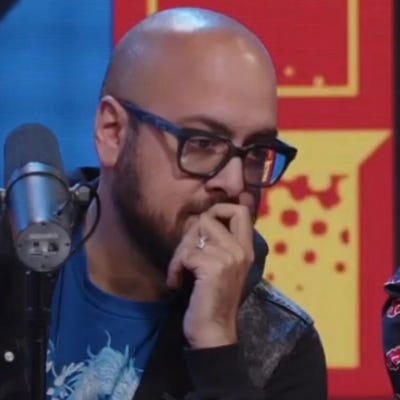
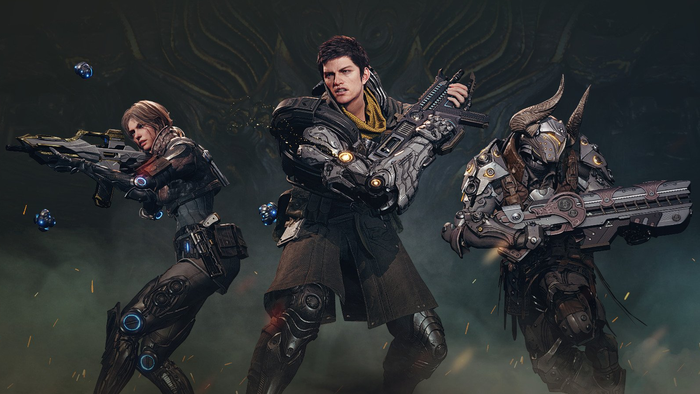
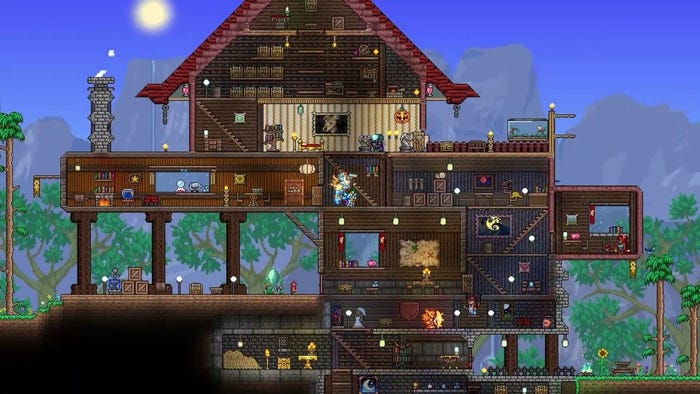
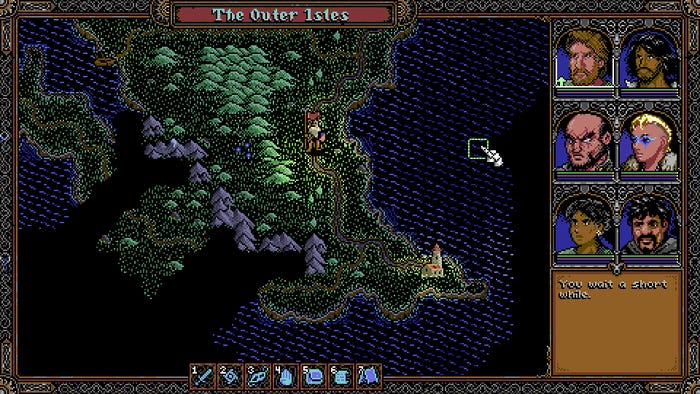
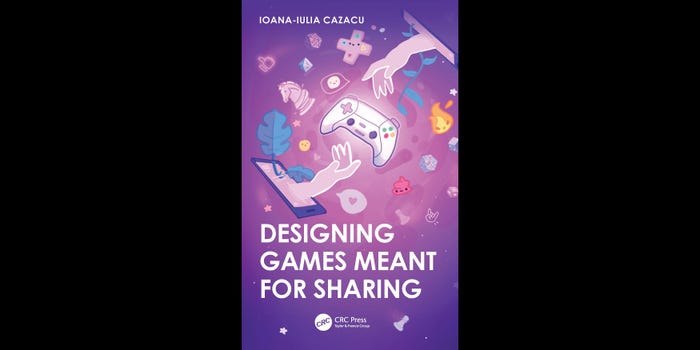

.jpeg?width=700&auto=webp&quality=80&disable=upscale)


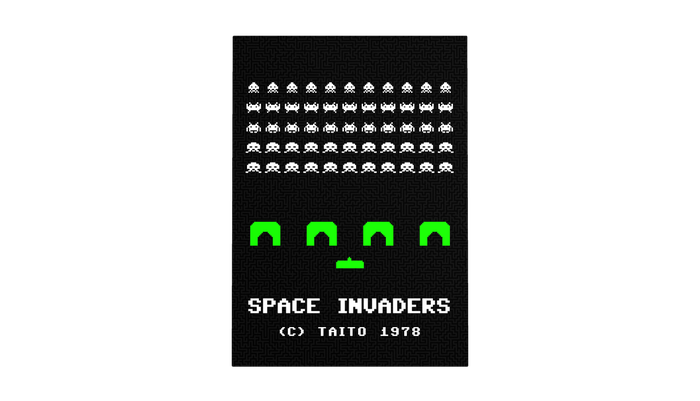
.jpg?width=700&auto=webp&quality=80&disable=upscale)
